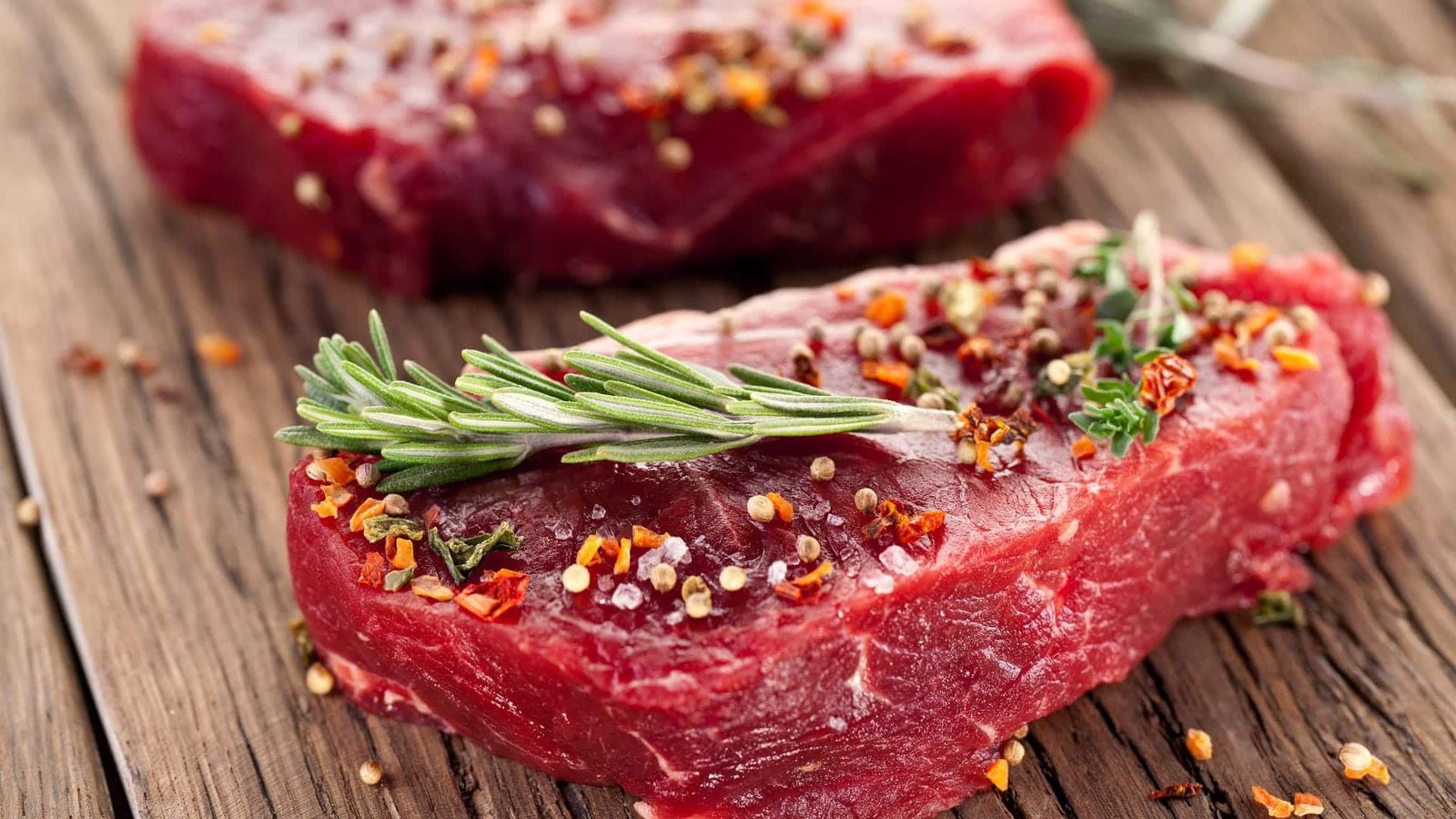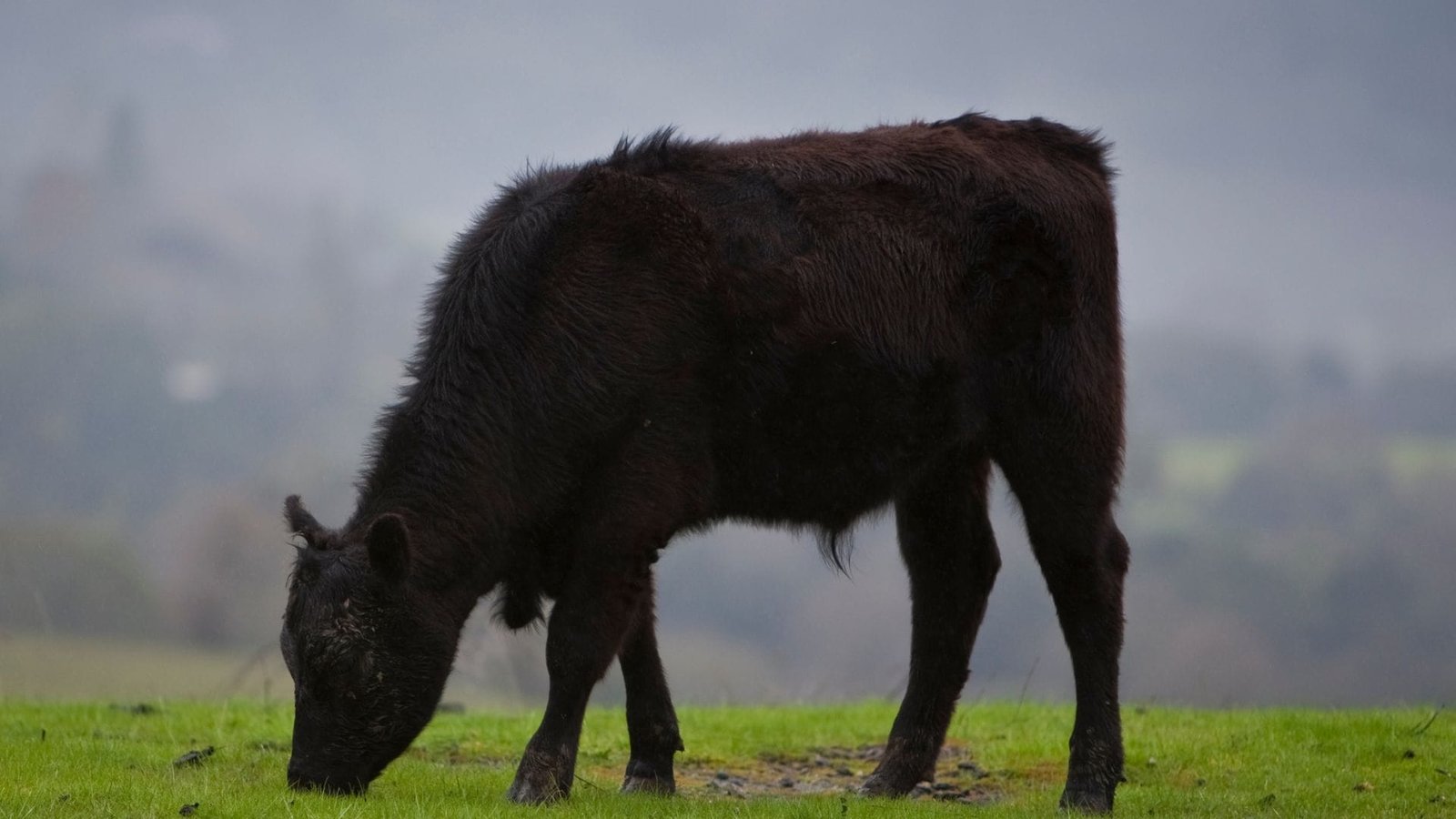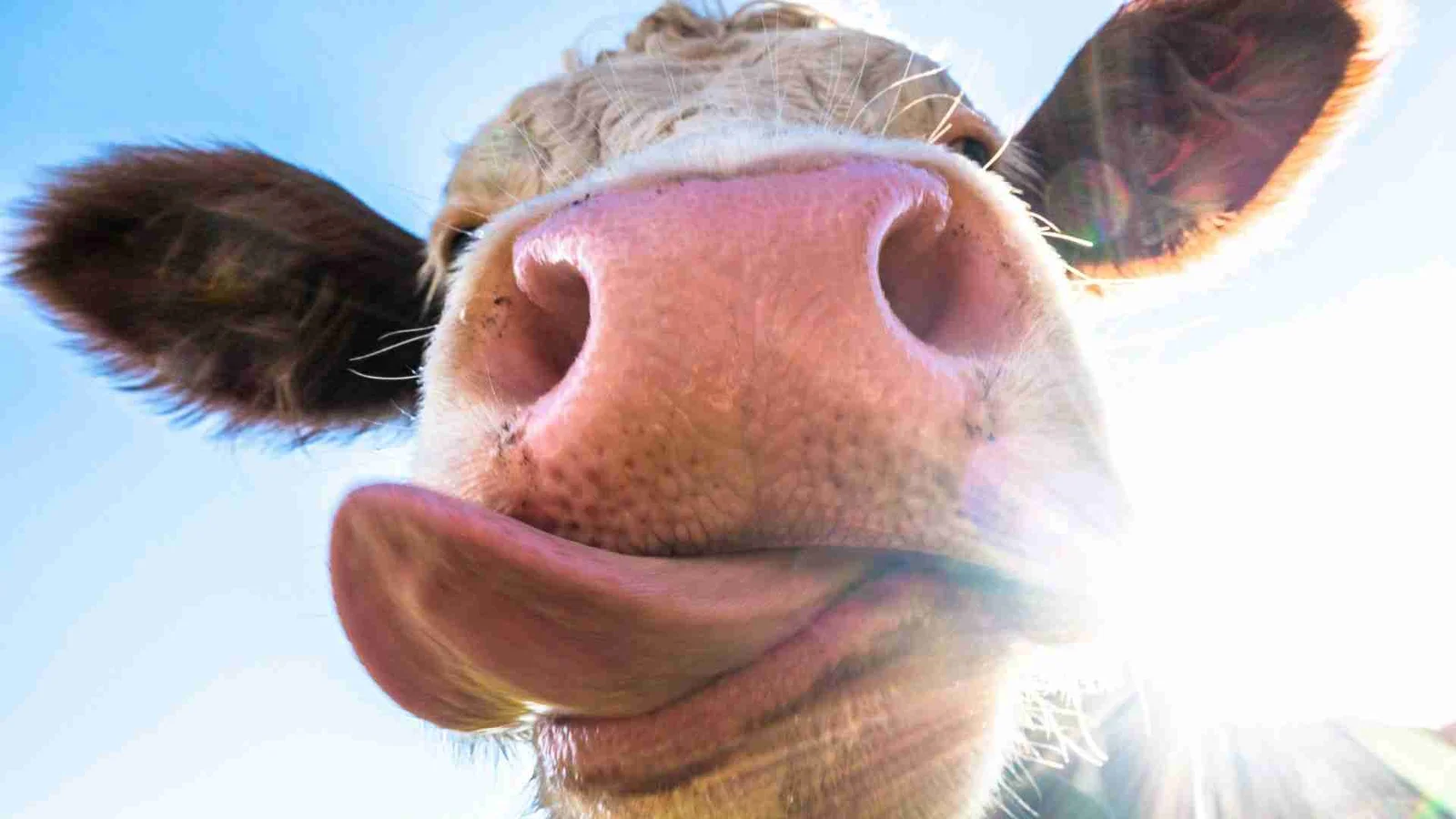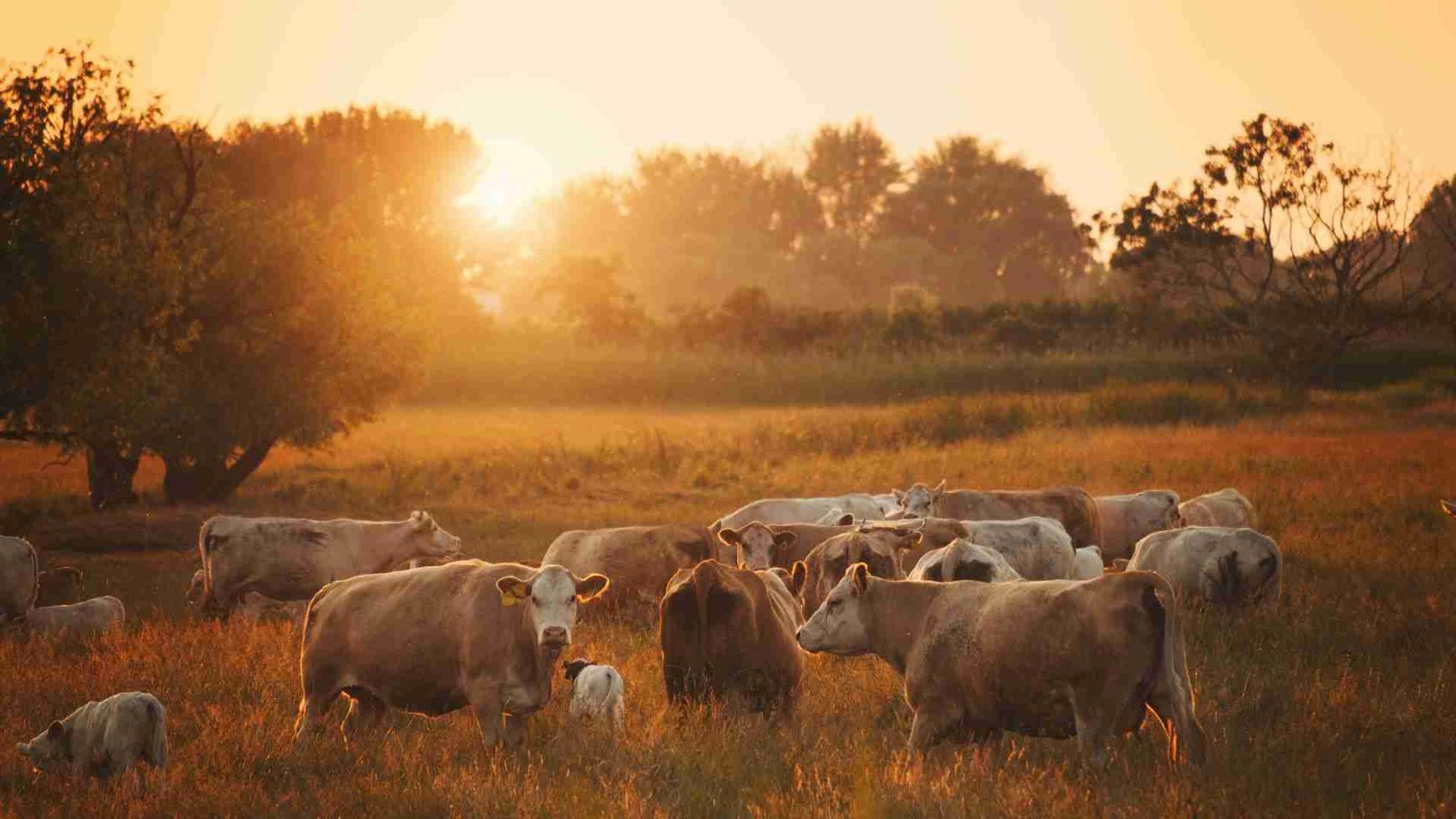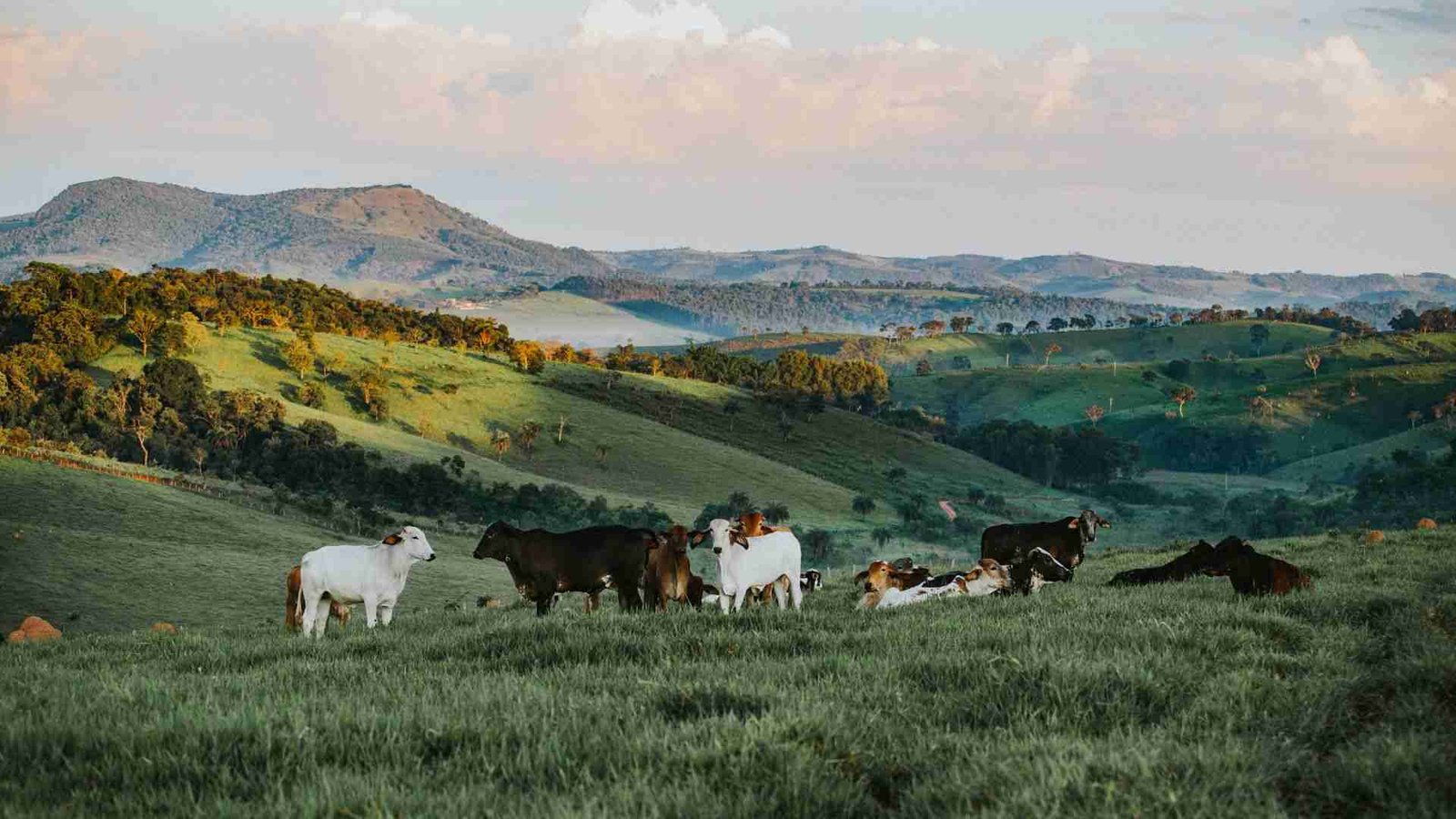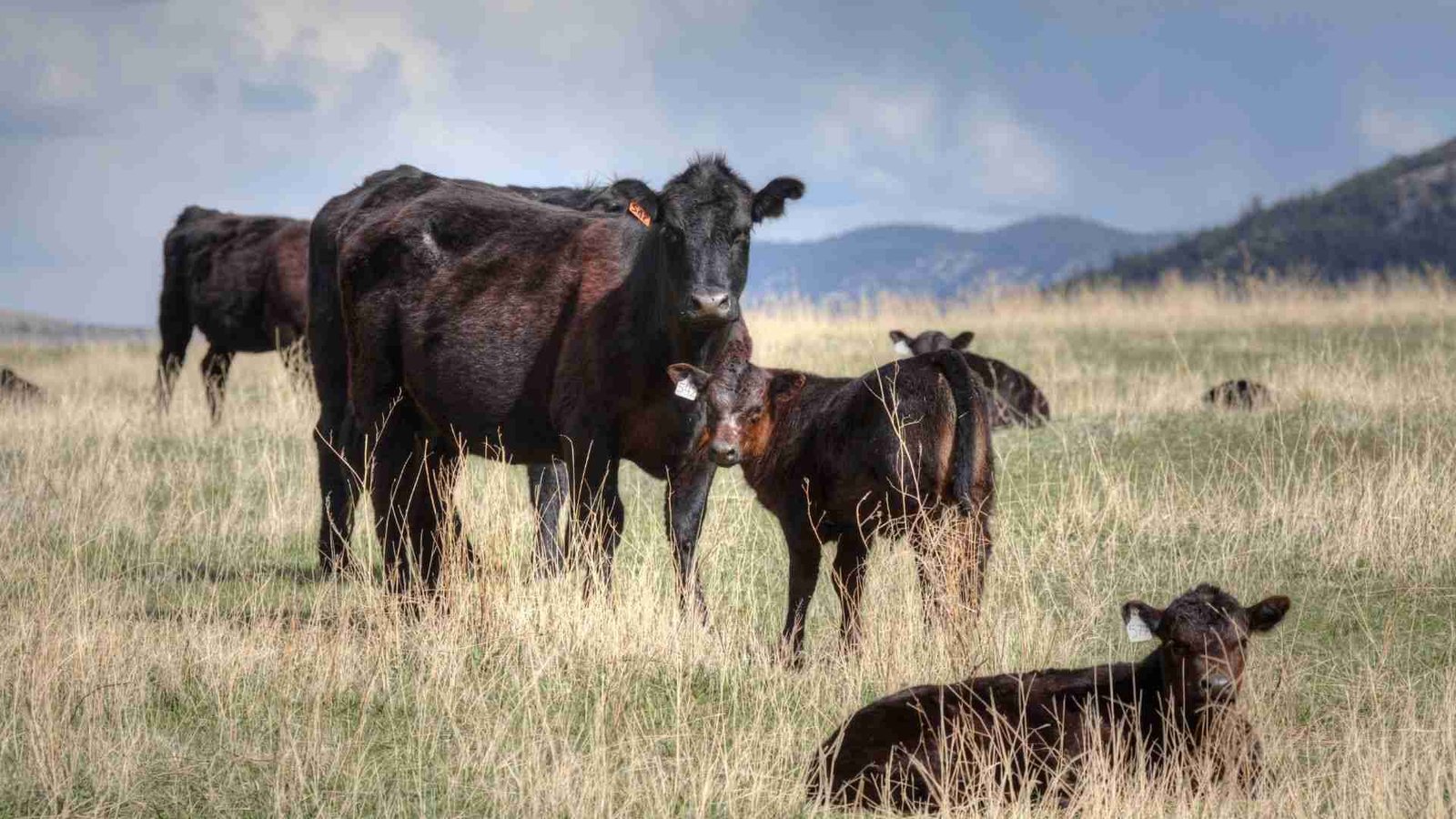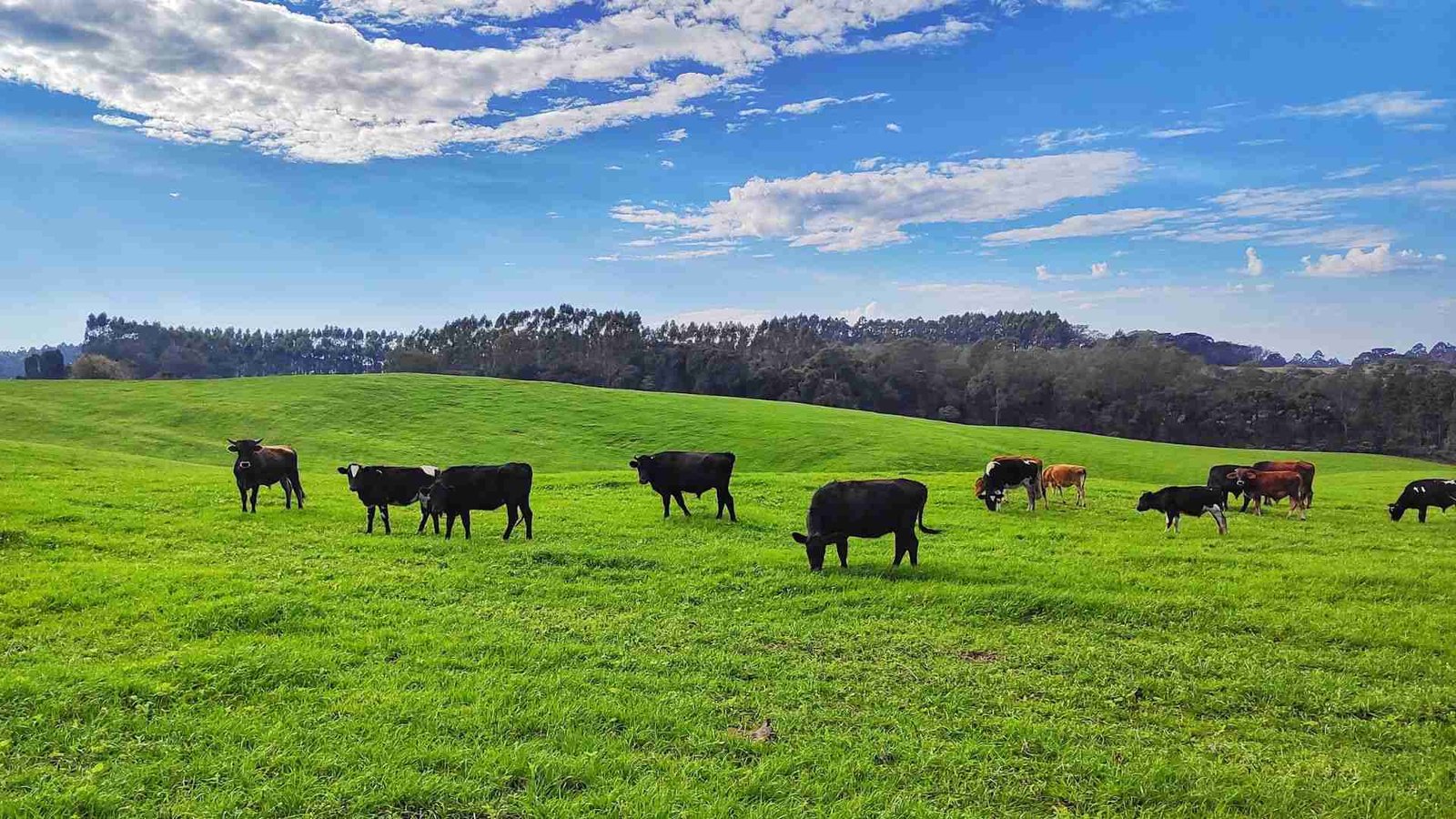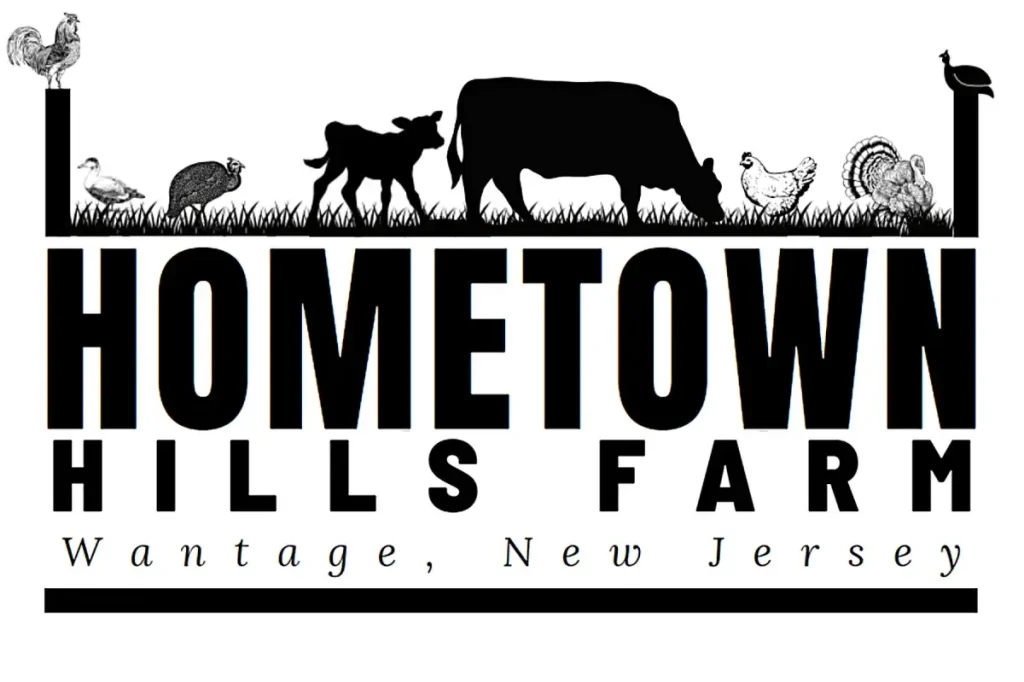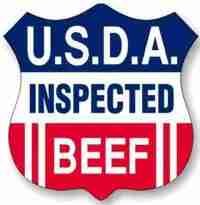Companies can import meat from other countries, package it here, and still slap a ‘USA product’ label on it?
Product of USA meat label Did you know that companies can import meat from other countries, package it here, and still slap a 'USA product' label on it? That’s right—‘Made in the USA’ doesn’t always mean what you think. At Hometown Hills Farm, we’re different. Our grass-fed beef is 100% American—born, raised, grazed, and processed right here in New Jersey. Want beef you can trust? Check out hometownhillsfarm.com for the real deal. Meat labeling laws in the United States are designed to ensure that consumers receive accurate information about the meat they purchase, while also balancing industry practices and international
Cooking Grass-Fed Beef for Picky Eaters: Tips for Families with Kids
Understanding Grass-Fed Beef Grass-fed beef refers to cattle that are primarily raised on a diet of grass and other foraged foods. This approach to livestock farming is distinct from conventional methods, where cattle are predominantly fed grains. One of the key differences lies in the nutritional profile of the meat. Grass-fed beef is often considered a healthier option for numerous reasons. It typically contains higher concentrations of omega-3 fatty acids, which are known for their anti-inflammatory properties and cardiovascular benefits. In addition, grass-fed beef is rich in vitamins A and E, along with antioxidants that may offer various health advantages.
The Rise of Grass-Fed Beef: Why It’s Trending
Introduction to Grass-Fed Beef Grass-fed beef refers to meat sourced from cattle that have been raised primarily on a diet of grass and forage, as opposed to conventional grain-fed beef, where cattle are typically supplemented with grains such as corn and soy. This fundamental difference in diet significantly impacts not only the nutritional profile of the meat but also the methods of raising the animals. Whereas grain-fed beef is often produced in large-scale feedlots, grass-fed beef is typically associated with more sustainable and humane farming practices, allowing cattle to roam freely in pasture settings. In recent years, the interest in
The Taste of Home: Why We Love What We Do
There’s something truly special about the taste of home. It’s not just about the food—it’s the feeling it evokes, the memories it stirs, and the connection it fosters to the land and the people we care about. At Hometown Hills Farm, we don’t cook meals or run a restaurant; we raise grass-fed beef that helps you create those unforgettable experiences at your own table, bringing the comfort and warmth of home to every bite. For us, raising grass-fed beef is a labor of love. Every steer we nurture is a testament to our dedication to quality, tradition, and the belief
Discover the Benefits of Grass-Fed Beef: A Guide to Hometown Hills Farm
Introduction to Grass-Fed Beef Grass-fed beef refers to cattle that have primarily been raised on a diet of grass and forage throughout their life, as opposed to being fed grain or corn as is common in conventional beef farming. This difference in diet not only affects the flavor and texture of the meat but also significantly alters its nutritional profile. Grass-fed cattle tend to have a higher concentration of omega-3 fatty acids, conjugated linoleic acid (CLA), and vital vitamins such as Vitamin E compared to their grain-fed counterparts. These nutritional benefits make grass-fed beef an attractive choice for health-conscious consumers.
Why Grass-Fed Beef is a Game-Changer for Your Table and the Planet
At Hometown Hills Farm, we believe that good food starts with good farming. That’s why we’re passionate about raising grass-fed beef right here in the rolling hills we call home. If you’ve ever wondered what sets grass-fed beef apart from the conventional stuff you find at the grocery store, you’re in the right place. Let’s dig into why grass-fed beef isn’t just a buzzword—it’s a better choice for your health, your taste buds, and the environment. What Does "Grass-Fed" Really Mean? Unlike conventional beef cattle that are often raised on grain-heavy diets in feedlots, our cows at Hometown Hills Farm
Exciting News! Hometown Hills Farm Now Offers Pickup in Edgewater, NJ
Bringing Our 100% Grass-Fed Beef Closer to You At Hometown Hills Farm, we are committed to providing the highest quality grass-fed beef straight from our pastures to your plate. We’ve heard from our growing community of customers in Bergen County and Hudson County, and we’re excited to announce that we now offer a convenient pickup location in Edgewater, New Jersey! Why We Expanded Pickup to Edgewater, NJ Our farm in Wantage, NJ has always been our home, but we’ve seen increasing demand from customers in northern New Jersey and even New York City who want access to healthy, pasture-raised meat
The Health Benefits of Grass-Fed Beef: Why It’s Worth the Investment
Introduction At Hometown Hills Farm, we take pride in raising 100% grass-fed beef, ensuring our customers receive the healthiest, most nutritious meat possible. But why should you choose grass-fed beef over conventional grain-fed options? In this post, we’ll explore the health benefits, environmental advantages, and superior taste of grass-fed beef, helping you understand why it’s worth the investment. What Makes Grass-Fed Beef Different? Unlike conventional beef, which often comes from cows fed grain-based diets in confined feedlots, grass-fed beef comes from cattle that graze on natural pastures for their entire lives. This natural diet leads to healthier animals and, in
Embracing Regenerative Agriculture: How Hometown Hills Farm is Cultivating a Sustainable Future
Introduction In recent years, regenerative agriculture has emerged as a transformative approach to farming, focusing on restoring soil health, enhancing biodiversity, and combating climate change. At Hometown Hills Farm, we are committed to adopting these practices to ensure a sustainable and thriving future for our land and community. What is Regenerative Agriculture? Regenerative agriculture is a conservation and rehabilitation approach to food and farming systems. It emphasizes practices that restore soil health, increase biodiversity, improve the water cycle, and enhance ecosystem services. Unlike conventional methods, regenerative agriculture seeks not just to sustain but to improve the resources it uses. Our
Debunking Myths about Grass-Fed Beef: Separating Fact from Fiction
Debunking Myths about Grass-Fed Beef: Separating Fact from Fiction Grass-fed beef is no longer just a niche product—it’s a movement. Across New Jersey and beyond, families are choosing grass-fed beef for its health benefits, rich flavor, and sustainable roots. At Hometown Hills Farm, we’ve seen this firsthand as demand for our pasture-raised, grass-fed beef continues to grow. Yet, despite its rising popularity, myths and misconceptions still cloud the conversation. Let’s cut through the noise and separate fact from fiction so you can feel confident about bringing our grass-fed beef to your table. Myth 1: Grass-Fed Beef and Organic Beef Are



